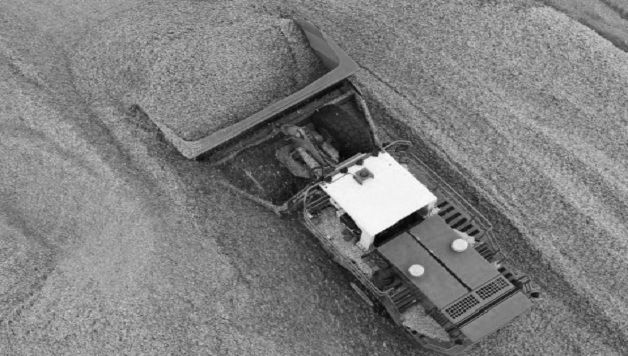As noted in our post on the UK petrol inquiry, Rod Sims gave a speech on 12 September 2012 to the Australasian Convenience and Petroleum Marketers Association (available here), in which he outlined the ACCC’s current enforcement activities.
Evidently, a shared history (apparently Mr Sims grew up on a petrol station) isn’t enough to shelter the petrol industry from the ACCC’s prying eye, with Mr Sims confirming that the ACCC is currently investigating:
- the sharing of information between petrol retailers; and
- the long term competition implications of shopper docket discounts for petrol.
Mr Sims also noted that the ACCC is working with the Policy and Research Advisory Committee (PRAC) to look into developing a national standard for the display of fuel prices at retail outlets. One suggestion is that fuel price boards should only be able to display un-discounted fuel prices, to avoid misleading consumers.
Creeping acquisitions were also on the agenda – with Mr Sims defending the ACCC’s practice of analysing small retail acquisitions in the grocery, liquor and home improvement sectors, on the basis that such “incremental acquisitions” are important at both local and national levels.
On the supermarket front, Mr Sims confirmed the ACCC is investigating whether the major supermarket chains are engaging with suppliers in a way that could amount to misuse of market power and/or unconscionable conduct. While Mr Sims acknowledged that in business-to-business transactions the line between “the rough and tumble of a robust commercial negotiation” and conduct that is “irreconcilable with what is right and reasonable” can be hard to draw, it seems that the unconscionable conduct provisions of the ACL are still very much front and centre in the ACCC’s mind.
The ACCC is also considering issues raised by Master Grocers Australia in relation to the practice of cross-subsidising loss-making supermarkets for anticompetitive purposes. However, Mr Sims recognised that it is within the realm of normal commercial behaviour for a newly opened supermarket to operate at a loss during its early days.








